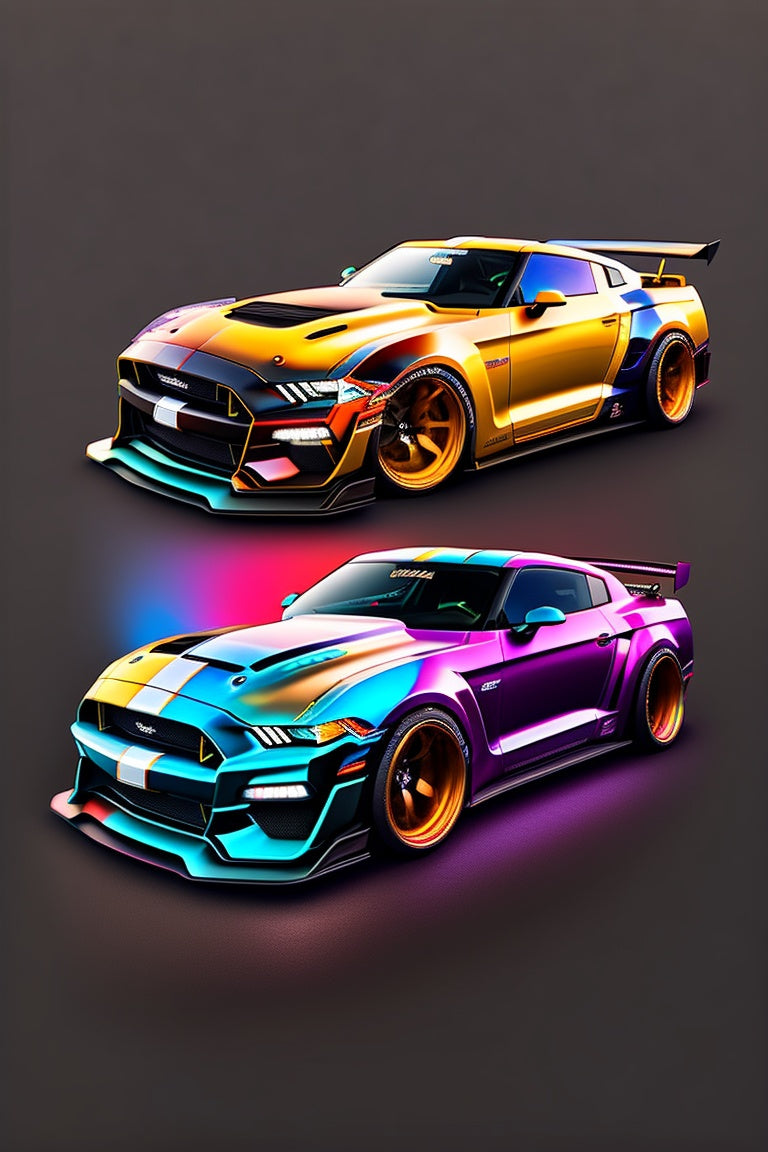
What Are RC Cars Used For?
Share
What are RC cars used for?
Remote-controlled (RC) cars have been a source of fascination and enjoyment for both young and old alike. These miniature wonders have evolved from simple toys into sophisticated machines that serve various purposes beyond mere play. From recreational hobbies to educational tools, RC cars have found applications in multiple domains. In this article, we will explore the diverse uses of RC cars and how they contribute to various aspects of modern life.
- Recreational Entertainment
The primary and most common use of RC cars is for recreational entertainment. Hobbyists, enthusiasts, and beginners indulge in the joy of driving these miniature vehicles. Whether it's racing them on tracks, navigating obstacle courses, or engaging in friendly competitions with friends and family, RC cars offer a fun and exciting pastime for people of all ages. As technology advances, the realism and capabilities of RC cars have increased, leading to a more immersive and engaging experience for hobbyists.

- Educational Purposes
Beyond entertainment, RC cars have also found their way into educational settings. Schools and educational institutions use RC cars to teach principles of physics, engineering, and programming. Students learn about concepts like motion, friction, momentum, and the application of different materials in building RC cars. Moreover, some educational programs incorporate coding and programming to control these cars, exposing students to basic coding skills and algorithms.
- Training and Skill Development
In the realm of professional racing, RC cars play a crucial role in training drivers. Aspiring race car drivers hone their skills by controlling RC cars on tracks that simulate real racing conditions. These miniature versions provide valuable insights into race lines, cornering techniques, and driving precision. Moreover, professional RC racing competitions offer a stepping stone for young talents to showcase their driving abilities, paving the way for a potential career in motorsports.
- Research and Development
Surprisingly, RC cars are not solely limited to the realm of play and learning; they are also used in research and development. Engineers and scientists often use scaled-down RC vehicles to test and prototype new technologies for full-sized cars. This includes advancements in autonomous driving, sensor integration, and energy efficiency. The compact nature of RC cars allows researchers to conduct experiments in controlled environments, reducing risks and costs associated with full-scale testing.

- Military and Law Enforcement Applications
In certain military and law enforcement operations, RC cars serve a critical purpose. They are deployed for reconnaissance missions in areas that might be unsafe for human personnel. RC cars equipped with cameras and sensors can stealthily explore dangerous territories, providing valuable intelligence to military or police units. Additionally, bomb disposal squads utilize remote-controlled robots for safely defusing explosives and handling hazardous materials.
The humble RC car has transcended its origins as a simple toy to become a versatile and valuable tool in various domains. From providing recreational entertainment and educational opportunities to aiding in professional racing and advancing research and development, RC cars have made a significant impact on modern life. Their compact size, versatility, and capability to simulate real-world scenarios have earned them a place not only in the hearts of hobbyists but also in the fields of education, industry, and public safety. As technology continues to evolve, we can expect RC cars to find even more innovative and practical applications in the future.